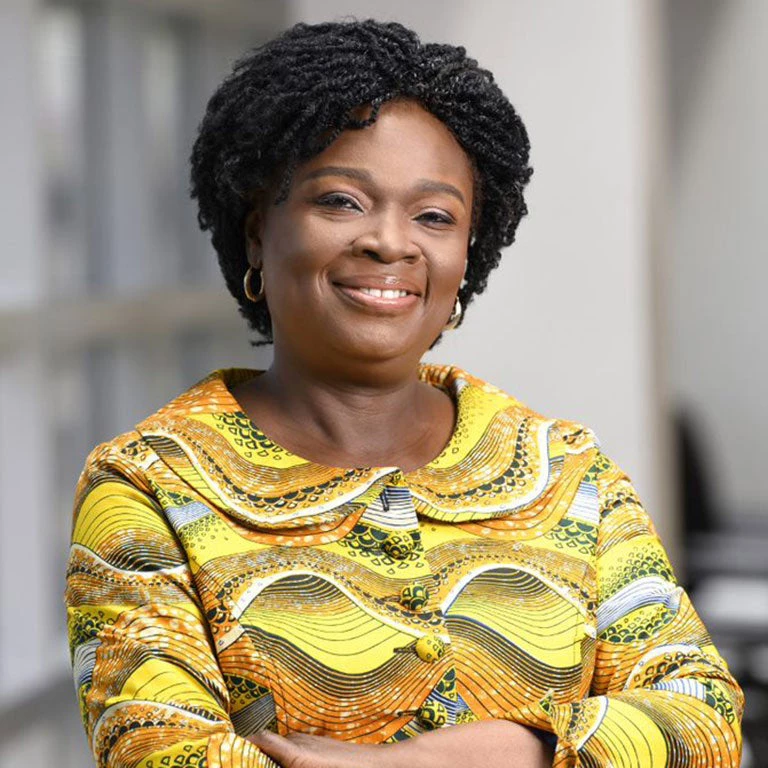 Communal automated water kiosk in Lilongwe City
Communal automated water kiosk in Lilongwe City
Originally published in the East African, November 14, 2023
Water is life, it’s that simple. But the stark reality is that access to basic water supply and sanitation in Sub-Saharan Africa has decreased over the last two decades, unlike progress seen in the rest of the world. As of 2020, 37 million more Africans were without basic water supply and 247 million more without basic sanitation than in 2000.
As countries grapple with the ever-increasing needs of their populations, the urgency to scale up investments for achieving universal access to water, sanitation, and hygiene (WASH) in Eastern and Southern Africa cannot be overstated. The region is losing 5% of its annual GDP due to water-related issues, encompassing inadequate access, contamination, and poor sanitation. In monetary terms, this amounts to approximately $170 billion per year. Investing in WASH is the dam that could stop this loss, especially in times of constrained budgets.
The lack of universal access to safe water, sanitation, and hygiene is also a significant burden on the region’s human capital, predominantly affecting women and girls. It is a driver of school dropout rates for adolescent girls and perpetuates the constant fear women and girls experience when fetching water at distant boreholes or doing laundry far from home. The lack of sanitation at home forces women and girls to venture out at odd hours, exacerbating the risk of gender-based violence. World Bank-financed projects supporting water and sanitation services, including safe and clean school toilets for girls in countries like Ethiopia and Tanzania have demonstrated that these constraints can be overcome, significantly boosting school attendance and retention rates.
Moreover, the significance of clean and abundant water in food and manufacturing processes cannot be overstated. Investing in WASH that benefits all segments of society can be an investment in promoting gender equality, job creation, and income generation.
Action on this agenda must ascend to the top of policymakers’ priorities as an integral component of their development objectives. As key ministers across the region convene this week in Addis Ababa, for a high-level summit on WASH, we have a unique opportunity to elevate this sector and bolster investment flows.
Currently, the average government budget allocated to WASH in the region ranges between 0.17% and 0.77% of GDP, far below the desired level of approximately 4% of GDP and in some cases, this amount is declining. The financial resources are often inefficiently utilized, with significant portions of public funds directed towards subsidies that largely benefit the affluent, while the poor are left behind.
Furthermore, there is still insufficient attention given to sustainability. In some countries, up to 40% of newly constructed water points in rural areas fail within two years of construction. This highlights the need for a stronger focus on long-term viability and maintenance. Moreover, the environment needed to attract private funding is also lacking, as only half the countries in the region have a water regulator, and only 1 in 4 have developed a regulatory framework for sanitation.
The statistics may be grim, but they also demonstrate that the WASH sector is ripe for transformation. It is time for a paradigm shift with a commitment to five transformative principles to accelerate progress on WASH in Eastern and Southern Africa. These include:
- Setting up platforms for WASH around national investment plans that include all relevant stakeholders and partnerships to anchor not only the financing, but also the planning, harmonizing on investment support, and monitoring processes.
- Addressing sector governance bottlenecks that hinder the WASH sector from attracting financing at scale.
- Re-aligning incentives to improve the efficiencies of utilities, with differentiated approaches in urban and rural areas.
- Mobilizing more funding, especially from private sector and climate finance.
- Designing WASH systems that are resilient to climate change and to increasing water demands.
This approach, along with unwavering leadership and commitment, can empower countries to generate change commensurate with the challenges they face.
Programs that have put some of these principles into action are already yielding transformative results. The Lilongwe Water and Sanitation Project in Malawi, funded with $100 million in grants and low-interest credits from the International Development Association (IDA) since 2017, has led to water supply upgrades benefiting around 350,000 people. This includes institutional capacity building, new pipes, and innovative operational models, such as communal taps managed by women, with customers using smartcards to purchase water. In Tanzania, the $350 million Sustainable Rural Water Supply and Sanitation Program, also financed by IDA, has fostered incentive frameworks for local institutions to deliver superior services. As a result, since 2019, 4.67 million people have gained access to improved sanitation, exceeding program targets.
This kind of transformation is replicable across the entire region. Today, let us re-commit ourselves to turning the dream of universal access to WASH into a reality in Eastern and Southern Africa.
The clock is ticking and the time to act is now.


Join the Conversation